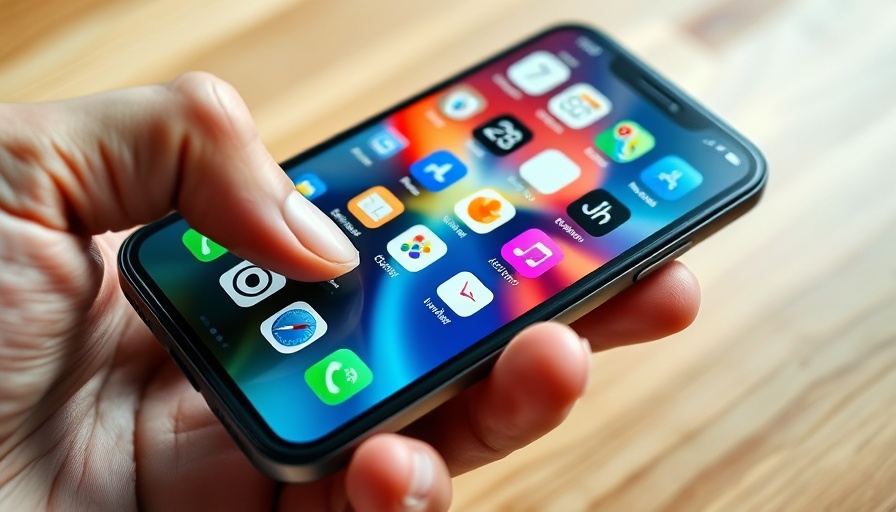
The Home Run for OpenAI's Hardware Ventures
Last month marked an exciting transition for OpenAI, as CEO Sam Altman announced their official entry into the hardware market. Partnering with the iconic designer Jony Ive, known for his work on Apple's groundbreaking products, they unveiled their ambitions through a startup called io. This venture promises a series of next-generation AI-enabled devices, aiming to revolutionize user interactions with technology.
The Legal Setback: Understanding the Trademark Conflict
However, this forward momentum has encountered a significant legal obstacle. A court ordered OpenAI to remove all publicly available materials regarding the partnership after a trademark complaint emerged from iyO, the company behind an innovative set of AI-powered earbuds, marketed as a “computer without a screen.” Their product, iyO One, incorporates functionalities akin to a smartphone, capable of running apps and responding to natural language commands. iyO’s legal action against OpenAI raises interesting questions about the complexities of trademark ownership and innovation in technology.
Why Names Matter in Technology
This trademark issue not only stalls OpenAI but also reflects the broader implications of brand identity in tech. Jony Ive's startup, io, was positioned to capitalize on a fresh and modern name that aligns with its mission of creating intuitive AI devices. The legal dispute showcases how critical a brand name can become amidst technological innovation. While OpenAI disagrees with the complaint, asserting that they are reviewing their legal options, the importance of clear branding in the competitive tech landscape is underlined.
What This Means for the Future of AI Hardware
Despite the setback, industry insiders remain optimistic about the collaboration. According to Mark Gurman, a well-respected tech journalist, reports indicate that the deal between OpenAI and Ive has not been dissolved. Their mission to design seamless integration with products like ChatGPT continues to progress. This hiccup may delay certain announcements, yet the strategic merger between the teams aims to enhance user experience significantly.
Innovation in the Face of Challenges
OpenAI’s ambition to fabricate devices akin to smartphones could reshape personal technology interactions. Their vision of a daily AI companion device emphasizes how deeply AI might integrate into our lives. The current legal issue should remind the tech community of the inherent risks associated with innovation, from patenting to trademarks, underlining that progress often involves navigating pitfalls to reach greater heights.
The Importance of User-Centric Products
As the merger unfolds, centering around the user experience will be paramount. Product design focusing on simplicity and intuitive functionalities is a hallmark of both OpenAI and Jony Ive. The anticipated AI devices promise a fresh approach to everyday technology engagement, placing user needs at the forefront of design decisions. This approach may set a new standard for how products are developed in the tech industry.
Conclusion: Navigating Future Innovations
Though OpenAI's hardware journey has faced its initial hurdles, the commitment to transform the tech landscape remains undeterred. As the situation evolves, staying informed about these developments will be crucial for those invested in the future of technology.
 Add Row
Add Row  Add
Add 




 Add Row
Add Row  Add
Add 
Write A Comment